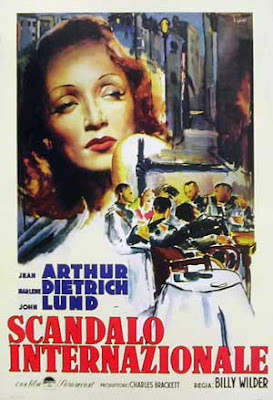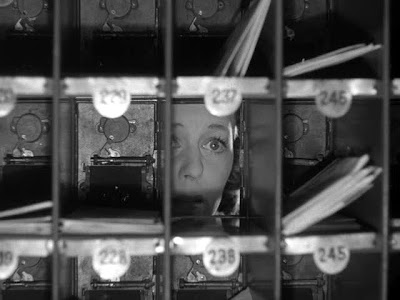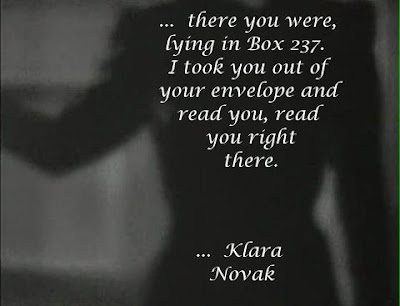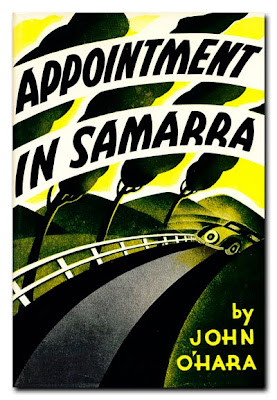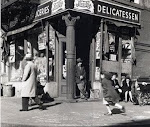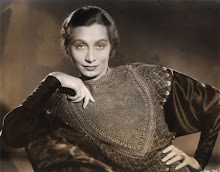
Harry Pebbel


He might have become a very good actor, or even a diplomat, but Harry Pebbel went to work for Hugo Shields at Shields Pictures at an early age. Hollywood became his calling. He had a long and successful career, both influencing, and being influenced by, Jonathan Shields, the son of Hugo, and founder of Shields Productions.
There was not an overabundance of nice guys in the golden age of that town, but Harry Pebbel certainly seemed to be one. His avuncular nature would appeal to younger players, and his sincere flattering manner would appeal to egos on the rise. Studio bosses would admire his film savvy and devotion to the bottom line. He was the perfect Hollywood cocktail.
Harry Pebbel was a moviemaker in the old tradition: a reliable producer for prestigious studios. After he left Shields Pictures, he moved to a rival studio and rose to the level of executive producer, responsible for as many as 18 pictures a year. But the shadow of Jonathan Shields cast intrusively over the accommodating Mr. Pebbel.
Harry often played cards at night as was the wont of Hollywood moguls. One such game put Jonathan Shields in debt to Harry, then into his employ and ultimately into a successful film career. After the triumph of The Faraway Mountain, Shields left Harry’s studio, but shortly thereafter Harry joined him at Shields Productions.
So started Pebbel’s second career with a man named Shields. Harry shared in the accolades and successes of the films with “The Shields Touch” but also in the failure of The Proud Land, Shields’s monumental (and tragic) flop. Its costly demise took a financial toll on Shields’s inner circle and Harry was no exception.
In his later years, his efforts to reunite the talent of Shields, with those of Fred Amiel, Georgia Lorrison, and James Lee Bartlow became a tale told among those supposedly in the know. The outcome of his efforts is too well known to recount here.
Harry Pebbel. One of the men behind the legendary Jonathan Shields. If Harry had ink in his blood it was probably black -- and I hope -- his life ended with a kiss.

Postscript: A rumored autobiography, Spear Carrier for the Shields, was never published.

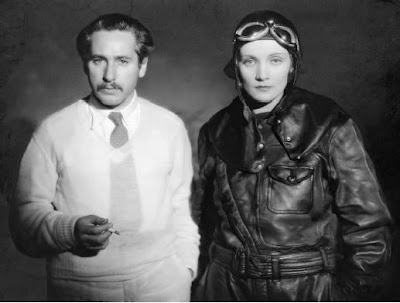






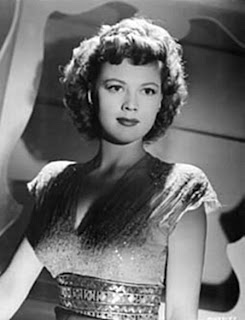.jpg)




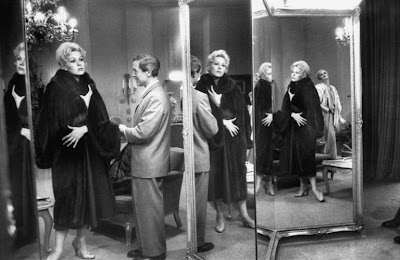






.jpg)
